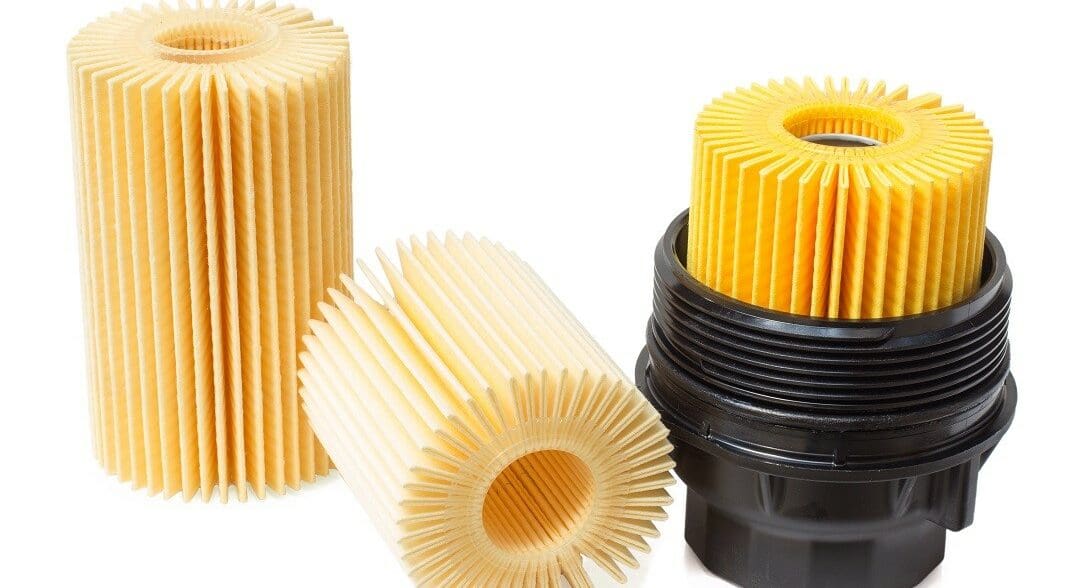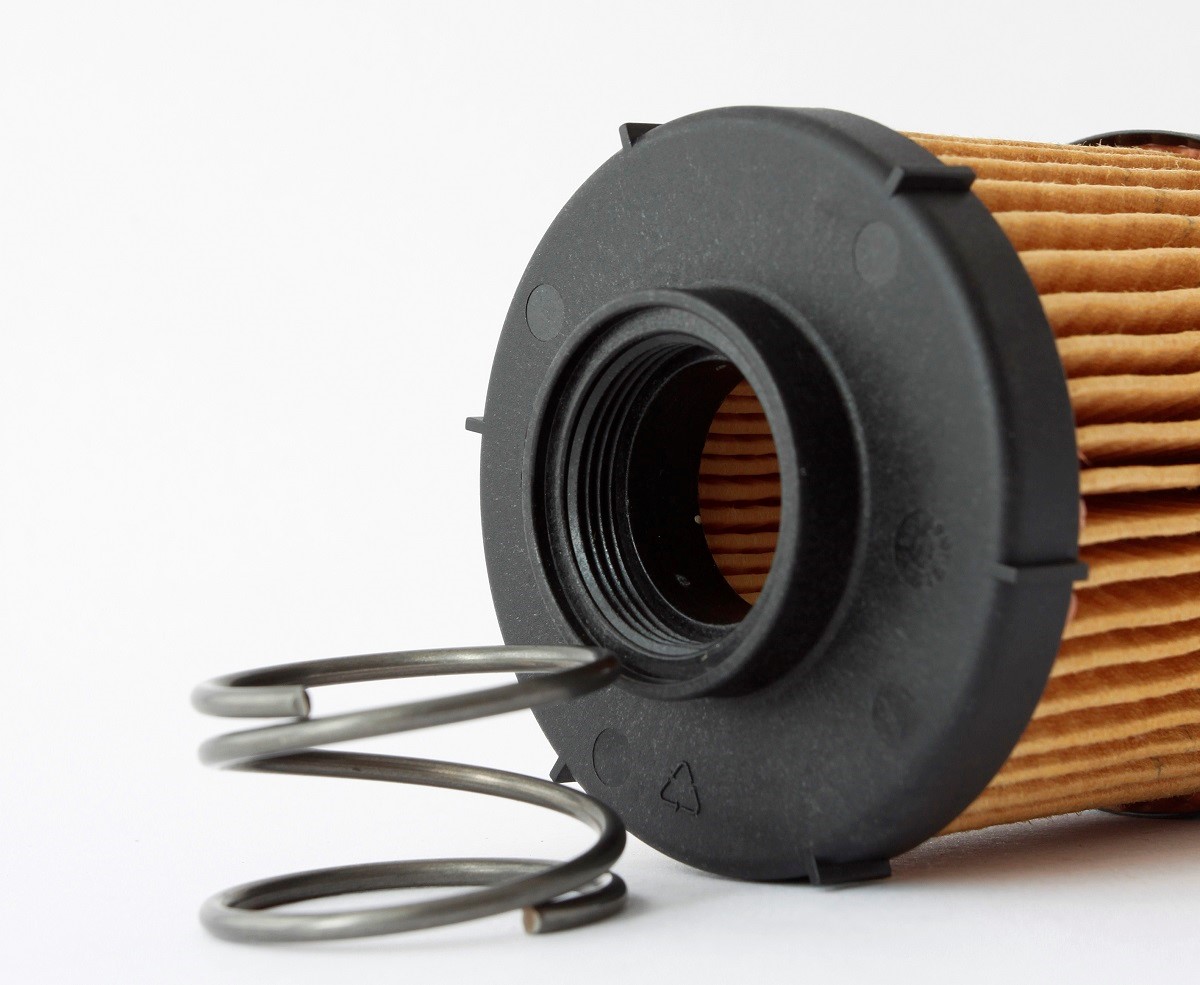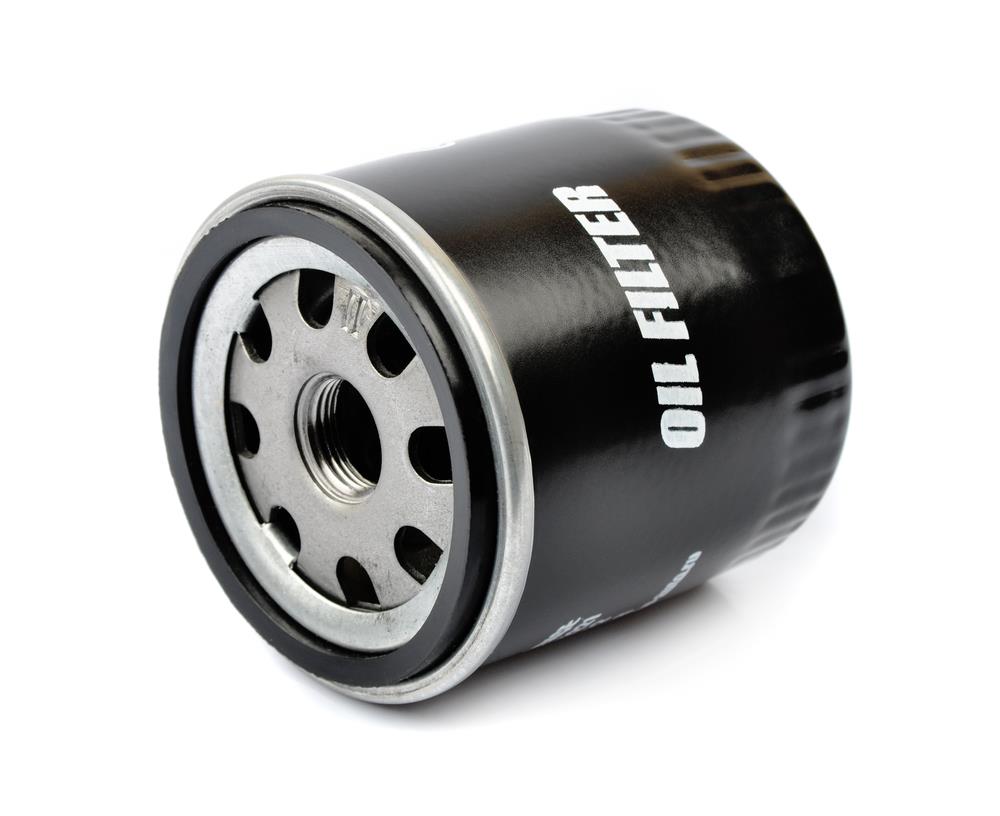Any machinery that uses hydraulics must have an oil filter to sieve and get rid of contaminants (dirt mostly) that could be harmful to your engine.
All engines have a combustion chamber to burn fuel which enables locomotion or action.
Now think of the oil in the locomotive as blood in the human body. What would happen if your body didn’t have kidneys to perform the blood-filtration process? You could die or end up on a dialysis machine.
The same thing happens to hydraulic machinery. There must be oil filters for them to function properly and not break down or even “die”!
The first oil filter was not complicated. It had a screen positioned at the oil pump. It was named the Purolator and oil had to pass through it before entering the engine.
But there was a big problem with the filter. During cold weather, an engine can be deprived of fuel due to a lack of lubrication of the pressurised systems. But that was not the case when it came to the first oil filter. Some engine mechanisms created room for sticky oil to bypass the filter which meant that all the dirt went through as well.
Types of Oil Filter designs
- Mechanical oil filters: The worst kind of filters because they required regular changing due to a blockage of the filter paper by contaminants. The more the pile of dirt on the filter paper, the less oil passes through so you are left with no choice but to change the filter.
- Magnetic oil filters: The powerful electromagnet in magnetic oil filters attracts and traps any material that is ferromagnetic found in the oil before it goes into the engine through the large centre opening.
- Sedimentation oil filter: Gravity plays a huge role in making particles heavier or denser than the oil so they settle down the bottom. The problem was lighter contaminants could still get inside the engine.
- Spin-on Oil Filter: They work like a milk centrifuge, but with a seal and special type of bearing. The filter rotates at high speed so large particles settle.
So, all oil filters are not made the same or have the same quality or cost.
Difference between paper and plastic oil filters
The main reason people prefer a plastic oil filter is that the material used to make the filter is synthetic, making it durable. It also holds more oil and is more efficient than paper-based oil filters.
Reasons to change oil filters and oil
Regular oil filter and oil changes will lengthen engine life.
Your engine needs regular servicing and on these occasions you should also change your engine oil.
However, the filter media is prone to clogging due to contaminants. When this happens, the lubrication pressure system will strain your engine due to a lack of oil.
So you may need to change the oil and filter more frequently than regular service intervals.
If you notice white smoke coming out of the exhaust or your vehicle is starting to lose power, it may be time for a change.
Also, if you ride off-road frequently, you may consider changing your engine oil and filter more frequently.
Conclusion
Not all oil filters are made the same or are of the same quality. You should give them a regular check and ensure your oil is clean.
When an oil filter operates well, your engine is better protected from contaminants.
Engine oil filters are not that expensive when you consider the expensive damage that could be done to your oil by a clogged filter.
Sponsored post




